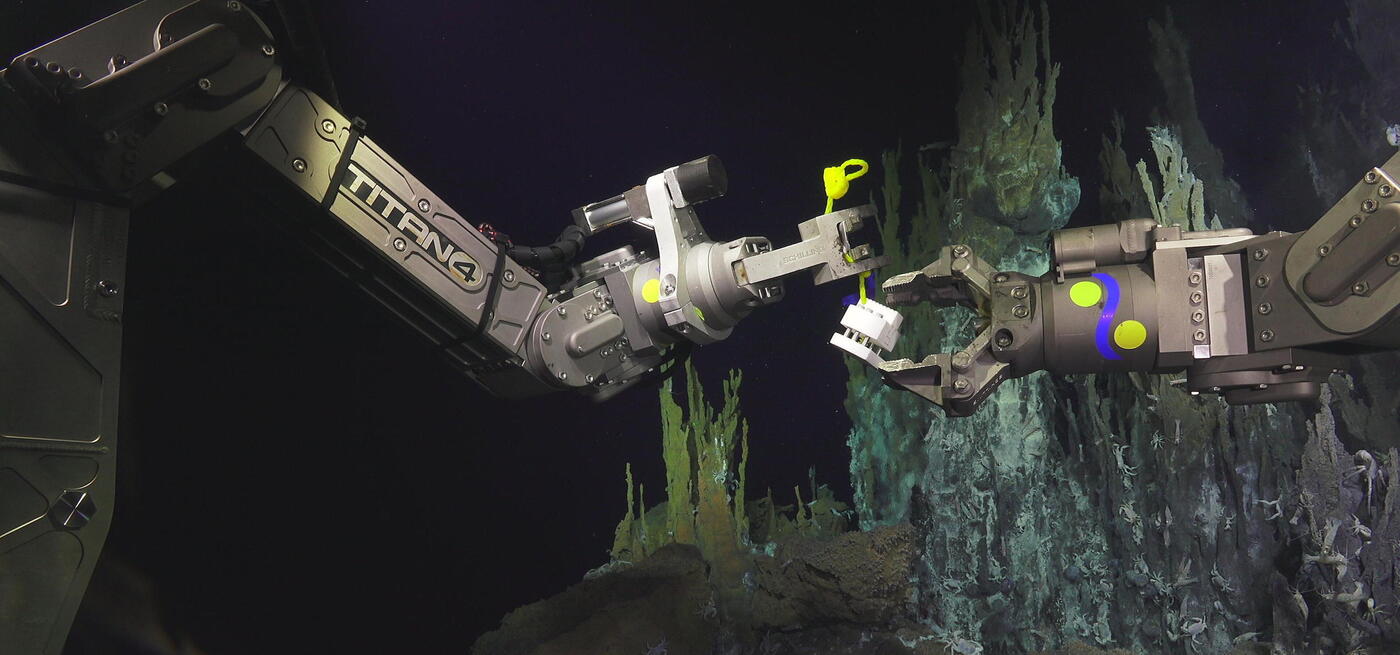Researchers at the University of Waterloo have found an environmentally friendly way to explore life in the depths of the ocean.
Using a new application of a sampling technique called solid phase microextraction (SPME), researchers collected samples from deep sea vent ecosystems to study the biological and ecological processes that occur there, without damaging the surrounding organisms.
“The deep sea vents that we are studying are the type of environment that existed at the beginning of earth’s creation,” said Janusz Pawliszyn, a chemistry professor at Waterloo and an author of this study. “Understanding the ecology and chemistry around these vents could eventually give us information on how life originated.”

SPME is an environmentally responsible option because it eliminates the use of large amounts of liquid traditionally needed to isolate molecules from water samples at the surface. In SPME analysis, a thin film coating is exposed to a water sample, directly absorbing small carbon-based molecules used for analysis.
“When taking water samples to the surface, you actually remove something, including the microorganisms in the water – it’s like taking a biopsy of the water,” said Pawliszyn. “We’re not doing this, so it’s less invasive to the deep sea ecosystems.”
Additionally, by separating the molecules deep underwater as opposed to on the surface, there is no change to pressure or light conditions, which can change the molecules in the sample before they can be studied.
“SPME represents a truer representation of the compounds close to the vents, and it’s better for the underwater environment” said Pawliszyn. “We’ve been able to measure lipids, organo-sulfur compounds, and other organic molecules which are an indication of life in these ecosystems.”
This study is the first step in investigating the chemical conditions of life in deep ocean ecosystems, and demonstrates the viability of SPME technology for sampling these environments in sustainable ways.
This research, Unique Solid Phase Microextraction Sampler Reveals Distinctive Biogeochemical Profiles among Various Deep-Sea Hydrothermal Vents, was recently published in Scientific Reports by Jonathan James Grandy, Bora Onat, and Pawliszyn from the University of Waterloo, in conjunction with Verena Tunnicliffe from the University of Victoria, and David Butterfield from the National Oceanic and Atmospheric Administration.